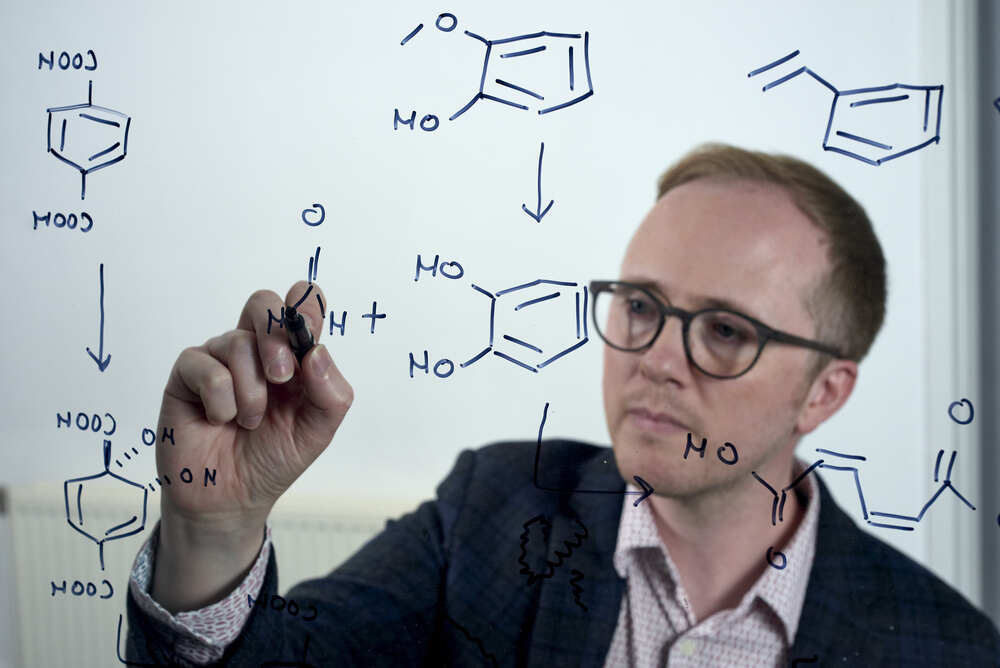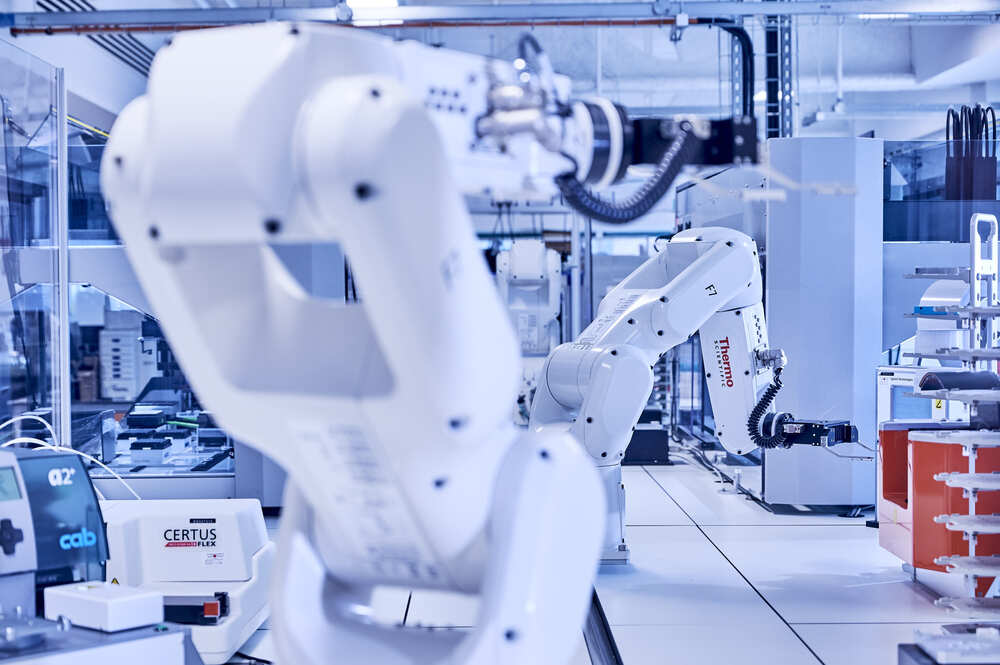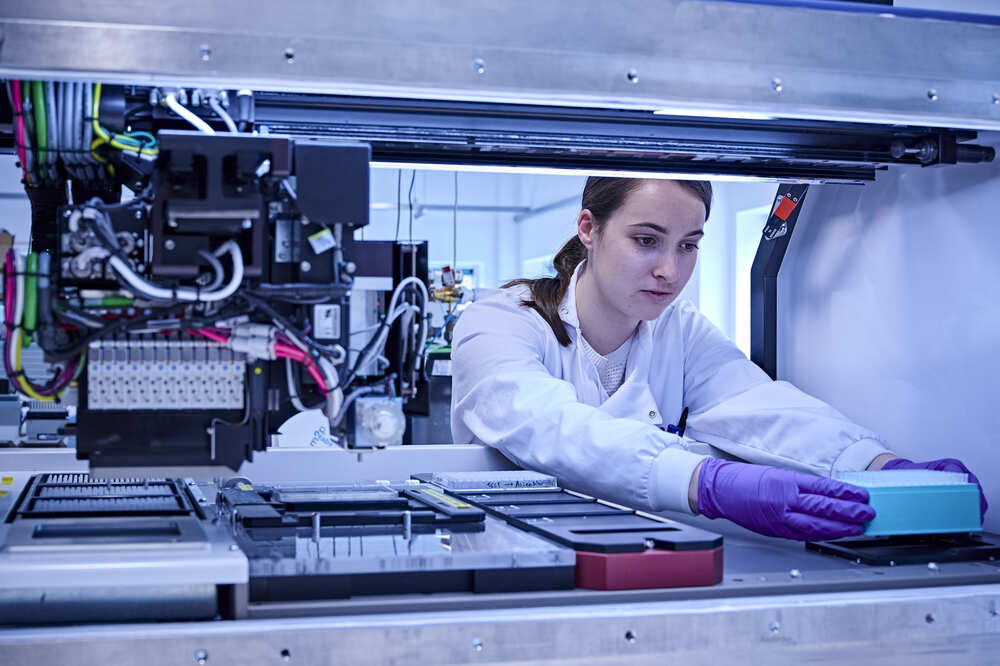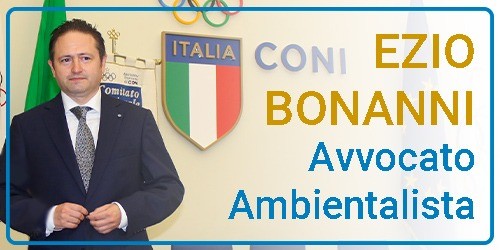A REVOLUTIONARY NEW INITIATIVE IS POISED TO RESHAPE BRITISH MANUFACTURING BY TRANSFORMING CARBON-BASED INDUSTRIAL WASTE INTO HIGH-VALUE, ECO-FRIENDLY MATERIALS. THE £14 MILLION CARBON-LOOP SUSTAINABLE BIOMANUFACTURING HUB (C-LOOP) WILL USE MICROORGANISMS TO CONVERT WASTE THAT TYPICALLY ENDS UP IN LANDFILLS INTO NEXT-GENERATION PRODUCTS, INCLUDING PHARMACEUTICALS AND COSMETICS
Backed by the Engineering and Physical Sciences Research Council (EPSRC), with £11 million in funding, C-Loop represents a major step toward a circular and fossil-free economy. The hub is led by Professor Stephen Wallace, Chair of Chemical Biotechnology at the University of Edinburgh and a UKRI Future Leaders Fellow, in collaboration with the Universities of Manchester, Nottingham, Surrey, UCL, and Imperial College London.
By leveraging engineering biology, the discipline of applying engineering principles to biological systems, C-Loop aims to revolutionise how everyday products are made
Currently, over 90% of these products rely on fossil fuels and unsustainable chemical processes.
The project will also establish the UK’s first BioFactory, a dedicated platform for waste analysis, sustainability evaluation, and large-scale process development. This facility will contribute to slashing emissions, cutting landfill dependency, and creating a sustainable manufacturing foundation for the UK.
The hub has already attracted over 40 industry partners, ranging from global companies to national innovation centres such as IBioIC, as well as key infrastructure like the Edinburgh Genome Foundry and Imperial’s BRC Genomics Facility.
C-Loop’s cross-disciplinary team includes microbiologists, chemists, engineers, and sustainability experts
Together, they aim to accelerate the commercialisation of green technologies, develop new supply chains, and retain high-tech talent and innovation within the UK.
«Amid a growing population, diminishing natural resources, and a changing climate, there is now an urgent environmental, industrial and political imperative to rapidly harness engineering biology technologies – said Professor Wallace -. C-Loop unites experts across academia and industry to scale up this emerging technology and unlock its full climate and economic impact».
Dr. Jen Vanderhoven, COO of BBIA and Chair of the C-Loop Board, added:
«With industry urgently seeking fossil-free alternatives, C-Loop is critical in driving a shift toward above-ground carbon sources. There’s no time to waste in getting to no waste».
Professor Charlotte Deane, Executive Chair of EPSRC, concluded:
«These hubs will play a vital role in creating competitive and sustainable UK industries by combining world-class research with real-world impact».
With its leading-edge research and over 200 partnerships in the field, the University of Edinburgh is cementing its place at the forefront of global engineering biology.
For more information, please write to the email: edd.mccracken@ed.ac.uk








